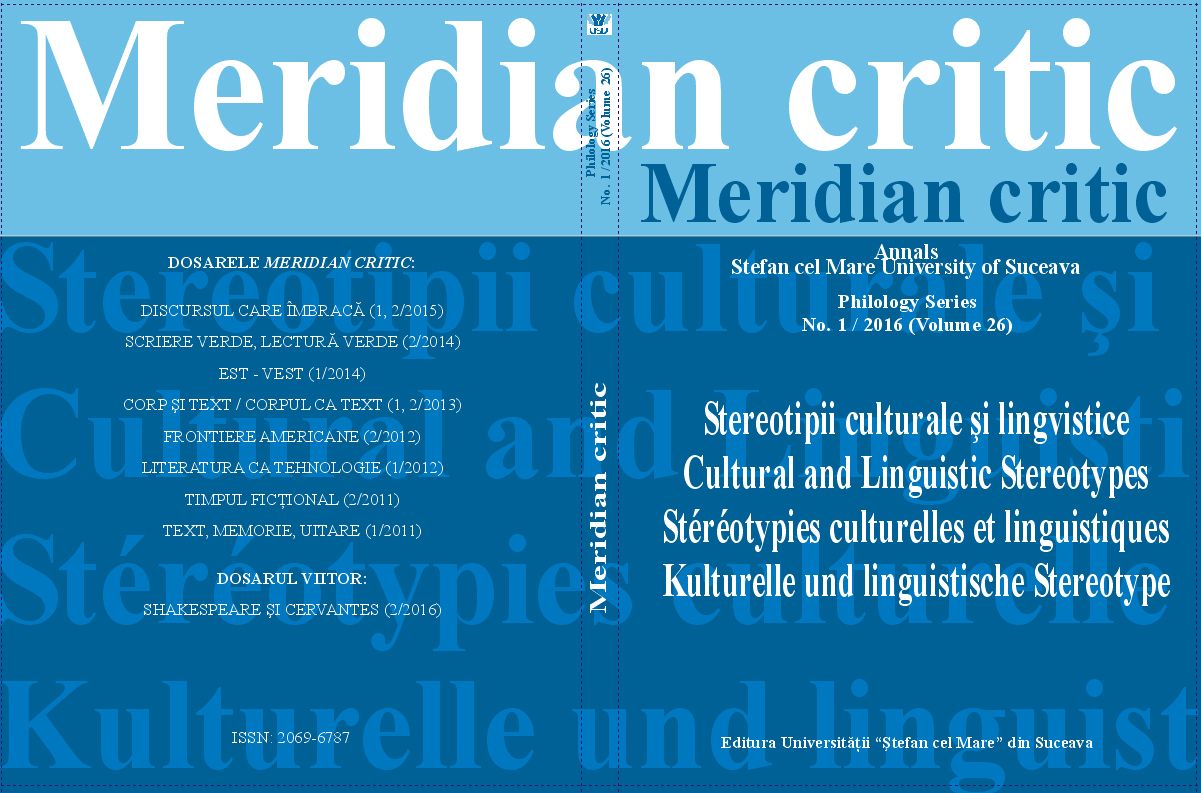Gli stereotipi identitari nella drammaturgia di Eduardo de Filippo
Identity stereotypes in Eduardo de Filippo's dramaturgy
Author(s): Roxana UtaleSubject(s): Language and Literature Studies
Published by: UNIVERSITATEA »ȘTEFAN CEL MARE« SUCEAVA
Keywords: Eduardo De Filippo; Napoli; drama; anthropology; identity
Summary/Abstract: In everyday speech, stereotypes may often be charged with rather a negative connotation. In his drama, Eduardo De Filippo, a name that stands for the quintessential Naples character, makes vivid use of all sorts of stereotypes (linguistic, behavioral, religious a. s. o.) specific for his fellow-country people – not in order to highlight any inferior or comic aspects of a civilization, but on the contrary, in order to justify his characters and place them in a particularly consistent context. Luca Cupiello’s obsession with the Christmas manger; the entire community’s reluctance to touch the dead (be they even fake!) in the play Napoli milionaria; or the prevalent confidence in the capability of the dead to disclose winning lottery numbers in the play Non ti pago!; the consecration of such domestic rituals as the morning coffee a. s. o. – may serve as only a few of the illustrations of cultural stereotyping endowed with a positive significance in De Filippo’s drama. Never meaning to transform stereotypes into models, or even into exemplary patterns, De Filippo actually makes up a genuine catalog of repetitive behavior instances – defining for the natives of Naples.
Journal: Meridian critic
- Issue Year: XXVI/2016
- Issue No: 1
- Page Range: 17-22
- Page Count: 6
- Language: Italian

